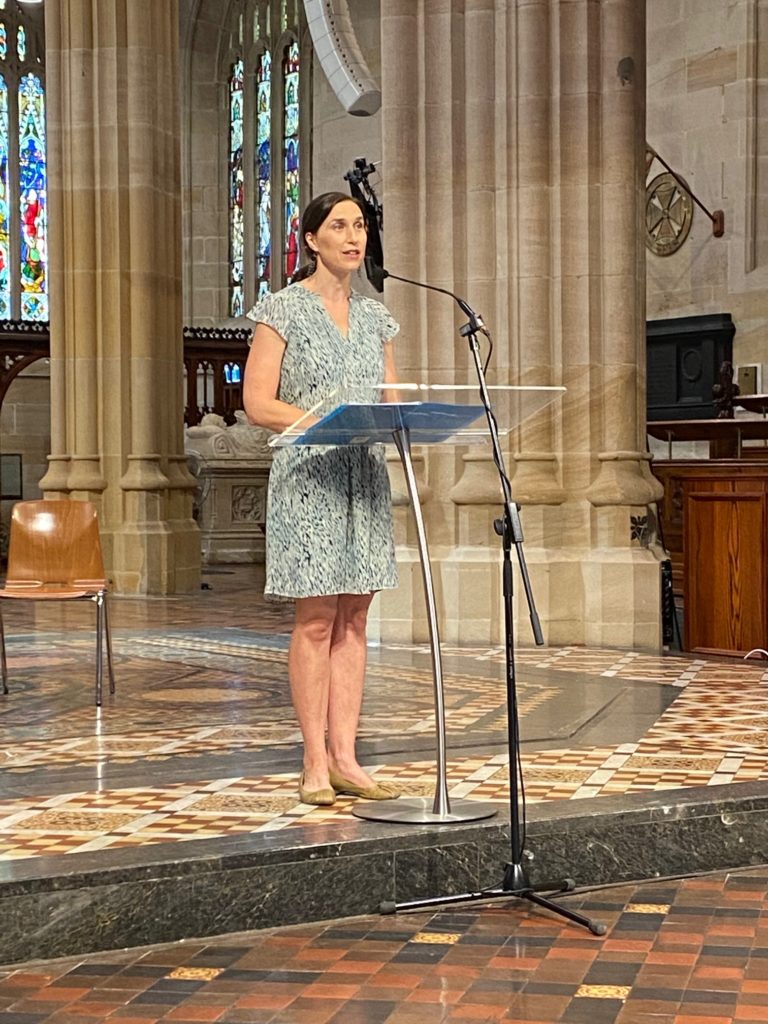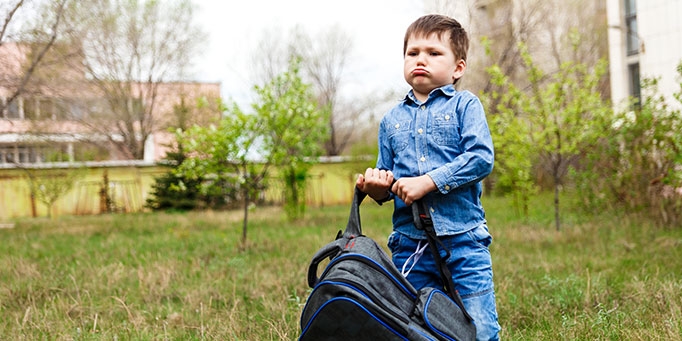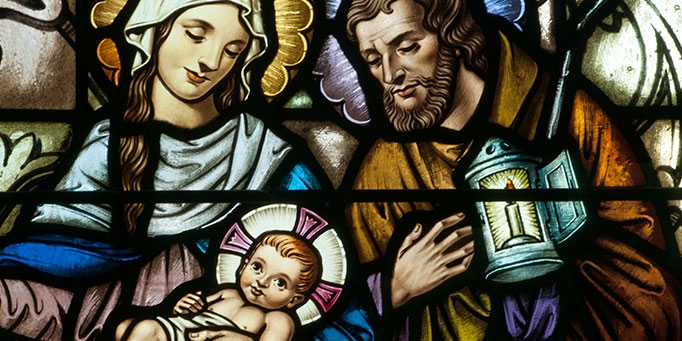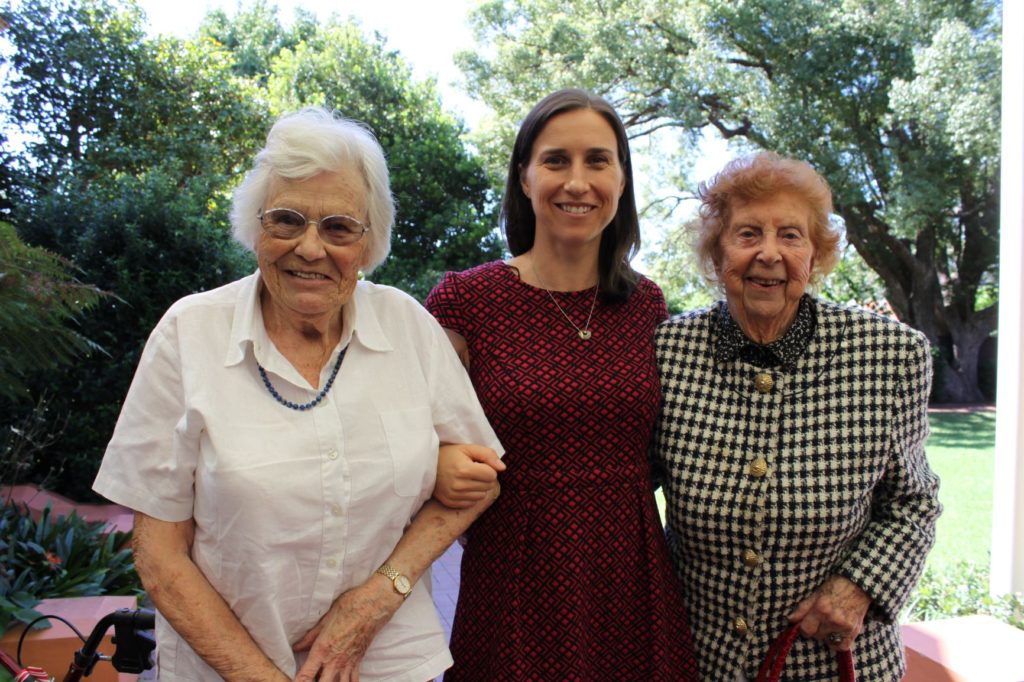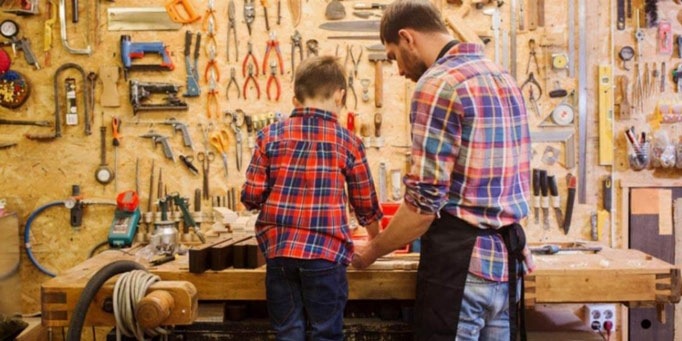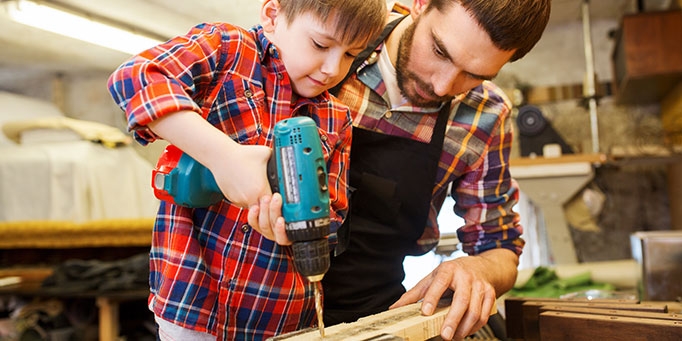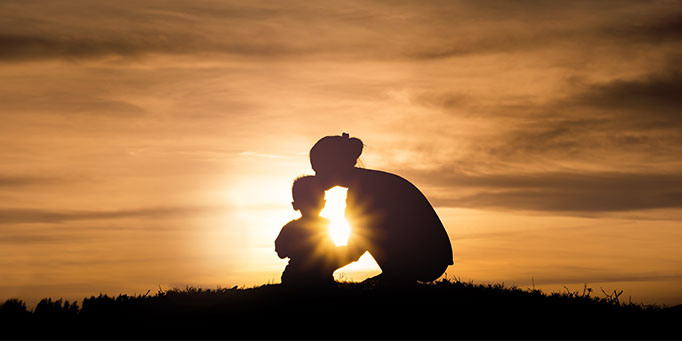
‘Have more babies!’ my aunty pleaded last week, when our seven-month-old was being particularly cute at a family gathering. Come to think of it, wherever we go—church, school, playgroup or the shops—our (usually) beaming baby boy brings great joy.
Everyone loves babies!
I think the reason for this is that babies are so perfect. They embody a fresh start, pure potential, hope for the future. When we look at a baby, it kindles a hope that our world might become a better place for them to grow up in. When we look at a baby, it kindles a hope that their life might be better than ours has been. When we look at a baby, it kindles a hope that we might do a better job of child-raising than previous generations.
But as an older mother with three older children, my hope for our baby is somewhat muted; it’s a bit restrained by what I’ve seen of real life. I know that our world can be a cruel place for children—we parents can’t always shelter them from bullies or accidents or sickness. I know that every child will have disadvantages to overcome—an allergy, a health problem or an anxious personality. I know that at some point, even this new baby will experience the kind of mistakes and imperfections that make me feel like the worst mother in the world.
Everyone loves babies because, for the most part, babies haven’t yet been wounded by the world. But as a mother I know that, in some shape or form, the wounds are coming and I will be powerless to stop them. And that is the wound of motherhood.
Keep reading over at Growing Faith, a Christian online magazine for parents. Find out more about Growing Faith and subscribe to our monthly e-newsletter here.


